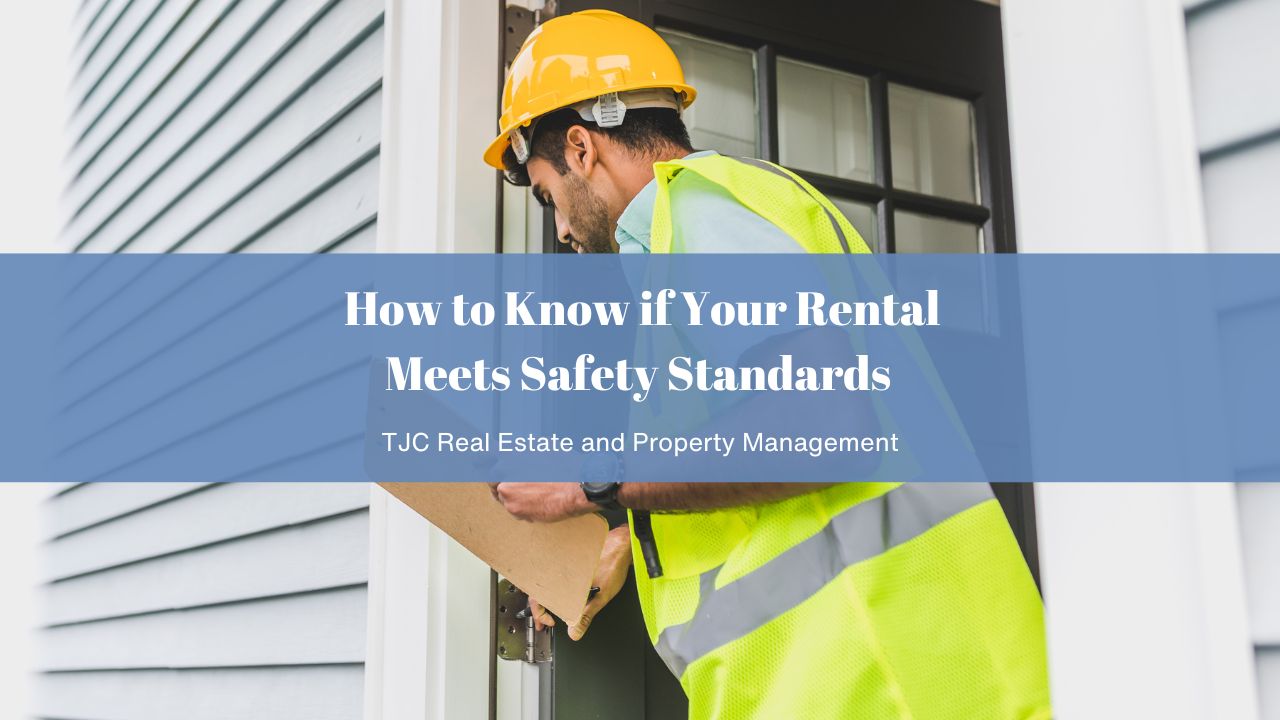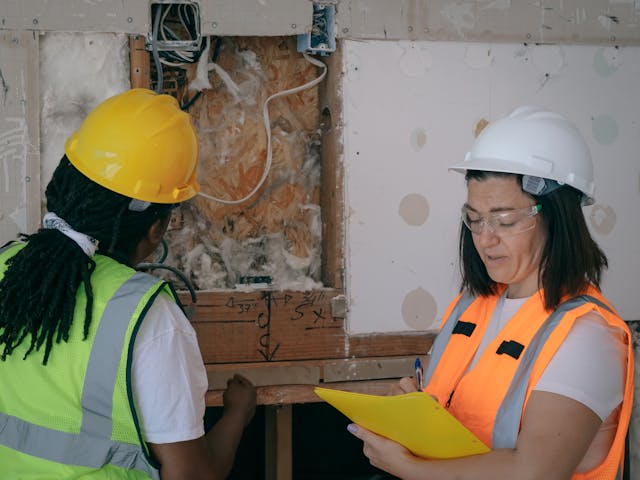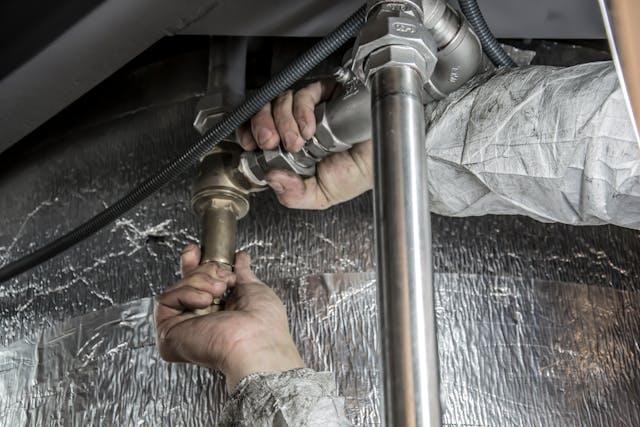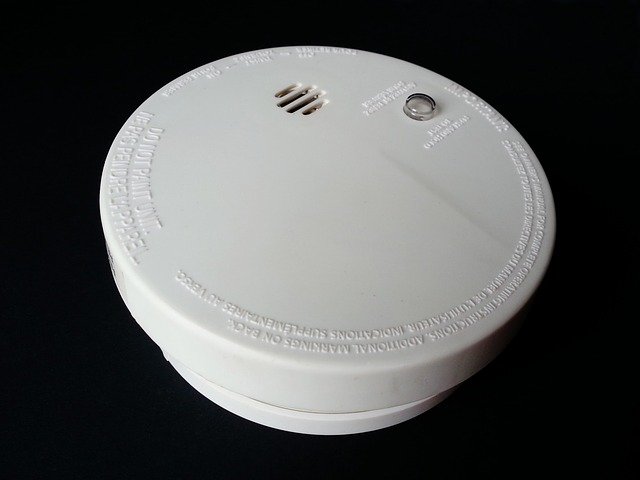
As a landlord, you have a legal and moral responsibility to ensure that your property and tenants are safe. You must adhere to building codes, safety standards, and various rental laws when renting out a home.
After all, safety isn’t something you want to leave to chance as it affects people’s lives, your reputation, and your bottom line. In the post, we at TJC Real Estate and Management will walk you through what actually makes a rental property safe and how to check that yours is up to standard.
Every rental, no matter where it is, has to meet general habitability standards. These generally cover the basics like ensuring that there’s working plumbing and heating and that the property is structural sound.

In Colorado, the Warranty of Habitability law sets the bar. It requires landlords to maintain units that are fit for living. That means each property must have:
If your property fails to meet these, tenants have various legal rights and you, as the landlord, can face financial repercussions.
Safety isn’t just about what’s inside the unit. It’s also about keeping the wrong people out. Colorado law requires “reasonable” security. Ask yourself:
Make suer the property meets security standards and consider looking into measures that tenants desire in a rental like outdoor security cameras and motion sensor lighting.
Hidden or unaddressed leaks can lead to water damage and mold growth. To protect your property and tenants check these spots:

In addition to regular inspections, take tenant requests seriously. A small leak can quickly escalate into a larger more costly problem. Swift action not only preserves your rental, it also ensure tenant satisfaction.
To ensure safety, make sure that outlets are grounded, lights don’t flicker, and panels are up the code. You also want to ensure that all wiring and breakers are up to modern standards, especially in older homes. To further ensure fire safety, check that:
Indoor and outdoor stairways can be hazardous all year round. As such you need to ensure that stair railings are sturdy and at least 34 inches tall, steps are level and evenly spaced, and that there’s non-slip surfacing for outdoor stairs or porches. Outdoor steps are subject to more wear and tear due to Colorado’s winters. Seasonal inspections can help you stay on top of any issues.
Regular pest control helps keep your rentals safe, structurally sound, and hygienic. In most cases, landlords are responsible for pest control. unless tenants cause the issue. As such, conduct preventative inspections and treatments and educate tenants on how to keep the rental clean and pest free.
This one’s non-negotiable. Smoke alarms and carbon monoxide detectors save lives.

Here’s what’s required under Colorado law:
You should test these regularly, ideally, every time a tenant moves out. Replacing batteries yearly is another simple step that makes a big difference.
Landlords must keep detailed records of all repair invoices, tenant requests and complaints, and inspection reports. If something ever goes wrong, you’ll want proof that you took reasonable action. Documentation protects your investment and your reputation.
Curb appeal is nice, but it’s not just about looks. To ensure outdoor safety, walkways should be clear, level, and ice-free in winter, trees and shrubs should be trimmed away from buildings and gutters and drainage systems must remain in working order. When addressing the curb appeal, combine safety and aesthetics for best results.
Get a Professional Inspection
A licensed home inspector can walk through the unit and spot things you may have missed. Some landlords do this once every couple of years for peace of mind. You can also partner with a property management company like TJC. We stay on top of safety regulations and handle all management tasks for you.
At the end of the day, safe rentals protect your tenants, property, and peace of mind. You don’t need to be an expert in building codes. But you do need to be proactive, informed, and organized.
If you’d rather not worry about missing something? That’s what we’re here for. At TJC, we know how to keep your rental safe and profitable. Reach out today and experience quality property management.
© 2025 TJC Real Estate. All rights reserved. Privacy Policy | Terms of Use | Portable Tenant Screening & Disclosure | Website by Distill